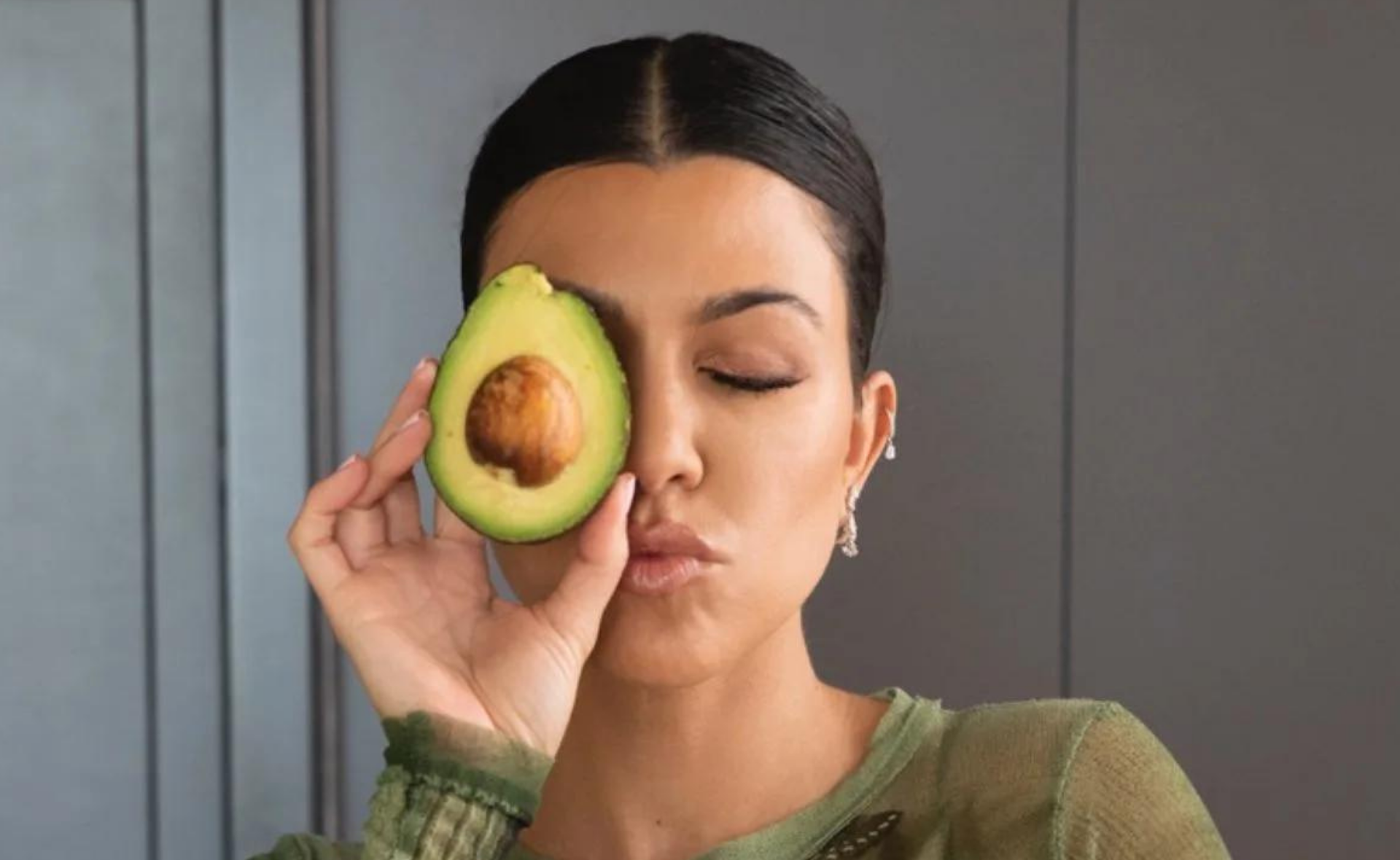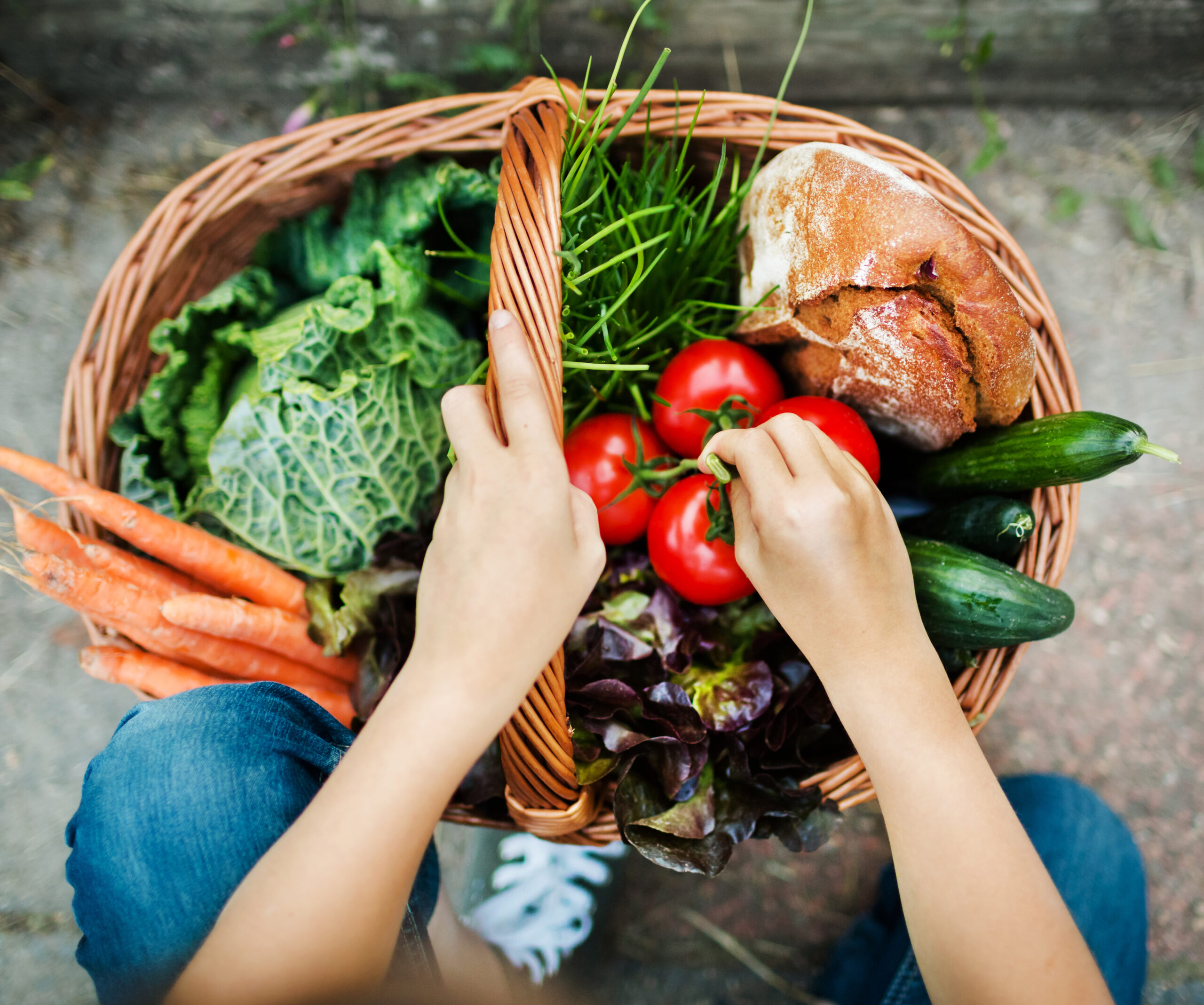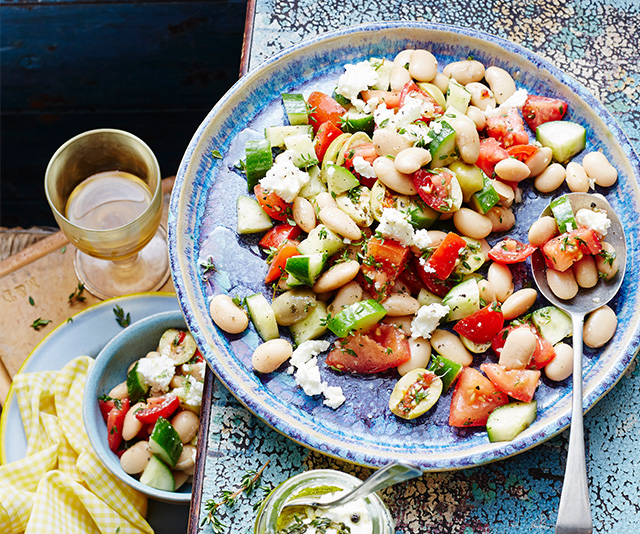Every year come spring, I face the same seasonal conundrum. The relief of throwing off those heavy winter layers is quickly derailed when shirt buttons bulge or zips on a dress halt at the bra line.
Somehow, those winter kilos have stealthily crept on. According to new research by the CSIRO, it’s because I’m mostly a craver – one of six main diet personalities – so any willpower to resist comfort food goes out the window when the mercury drops.

There are six main diet personalities.
(Image: Getty)“Cravers identify strongly as having difficulties with temptations and thoughts about eating,” says Dr Emily Brindal, Human Behaviour Specialist at the CSIRO. “We’ve also seen Cravers report having more discretionary foods.”
This is a revelation to me – I’d assumed everyone substitutes sweets for sunlight to take the bite out of the colder, shorter days in winter.
More than 245,000 people took part in the CSIRO Diet Types study to help scientists understand behavioural and emotional characteristics that help or hinder waistlines across the nation.
“By knowing the strengths and weakness of each personality type, you can put in place strategies to engage with the strengths and support the weaknesses,” says Pennie McCoy, CSIRO Total Wellbeing Dietician. “No foods are off limits for anyone, but really understanding what makes you ‘you’ can help to adapt what you like to eat, and your habits around food.”
A five-minute quiz is all it takes to nail down your dominant food personality. Most people, it turns out, are Thinkers whose overactive mind can trigger overeating when under stress.

Most people, it turns out, are Thinkers whose overactive mind can trigger overeating when under stress.
(Image: Getty)“As a Thinker, I hadn’t realised how much I focus on negatives, on what I haven’t achieved rather than what I have,” says Dr Brindal.
“You think everyone is like this if that’s the way you are. But when you start talking about different types of people, you get a better idea of what may be unique to you and the challenges that may create. I know now I need someone to remind me of the good things I’ve achieved to balance my perspective.”
WATCH: Meat Vs Veganism Myths And Truths. Article continues after video
Every diet type has a common trigger but one thing rings true for everyone: learning to tune in to your appetite – not counting calories – is the key to making weight loss easier and more achievable.
“Understanding your diet type is the first step, then you can put in place strategies to help achieve your health goals, such as menu plans, shopping lists, support networks, tracking food and exercise progress,” says Pennie.

“Understanding your diet type is the first step, then you can put in place strategies to help achieve your health goals, such as menu plans, shopping lists, support networks, tracking food and exercise progress.”
(Image: Getty)I certainly feel comfort knowing I’m not the only Craver whose willpower crumbles in the face of delicious foodie options and that there’s no shame in admitting it.
“There are no right or wrong types,” says Dr Brindal. “It is all about working with who you are rather than trying to change yourself to fit, because we know this will be more successful in the long-term.”
So, sayonara Baci and Rocher, next winter you’re out in the cold in favour of less calorific temptations.
The diet types
THE THINKER:
You’re goal-oriented, motivated and analytical, but that admirable strength can be your greatest weakness, causing you to overthink. Your perfectionist tendencies mean you’re sensitive to negative feedback and easily dwell on ‘mistakes’. Stress or anxiety derail your dieting efforts because you’re more likely to give in to cravings when under pressure.
Your goal: Don’t be so hard on yourself! You strive to achieve so use that strength for good by tracking your food or trying healthy new meals – that will help keep you motivated far more than focusing on what the scales say. Surround yourself with people who remind you how awesome you are to help you reflect on your positive progress and achievements. Rewards motivate you, so regular self-care treats such as a massage or facial are a wonderful way to celebrate sticking to healthy habits while keeping your stress levels in check at the same time.
THE BATTLER:
As the name suggests, you battle with temptation. Prone to stress and worry, you use food treats as a go-to to ease these feelings but, in a world where temptation abounds, you constantly feel a failure for indulging. You feel you have no control over your cravings or the stress triggers in your life and this can lead you down the negative thinking path.
Your goal: Distraction is a good strategy for you – when faced with a food trigger, go for a walk or do something that keeps your mind busy. If you can’t get away, take a deep breath and analyse the situation you’re in so you can identify what is triggering your food cravings. That way you can control your cravings, rather than letting them control you. Don’t aim for perfection – follow the 80/20 principle where you eat healthily most of the time and leave room for the occasional treat.
THE CRAVER:
Strong food cravings are part of your life. The mere sight, smell or thought of tempting food is all it takes to have you reaching for nibblies, and that can lead you down the overeating path. Buffets are your enemy because you find it hard to stop if the options are tasty. However, your intentions are good and you can be strict so, when you indulge, don’t starve yourself the next day. Just go back to eating well-rounded healthy meals.
Your goal: Steer clear of buffets and anywhere that offers upsizing, refills or add-ons like dessert. Your triggers are visual so avoid shopping or scrolling through foodie posts if you’re feeling peckish. Eating mindfully (slowing down and chewing more) will help you get the most enjoyment out of healthy meals and, to prevent discretionary snacks, your best bet is to keep them out of the house in the first place.
THE PLEASER:
Likeable and friendly, you try to please everyone all the time, which can feel exhausting. You worry about what people think – not only does this make you compare yourself to others, it also makes you sensitive to comparisons, which can undermine your confidence. You’re more likely to stay motivated if you notice the successes beyond the scales, such as improved sleep, energy and mood.
Your goal: Choose your cheerleaders wisely as encouragement and support from your network will help you stay motivated to eat well. Be kinder to yourself and put your own needs first sometimes so you’re better able to deal with stress. Prioritising sleep, drinking water and staying connected to friends and family will help you stay positive.
THE FOODIE:
A passion for food is central to your life and you get lost in menus or recipe books. Your strongest memories of childhood or travelling involve food. You love farmers’ markets or a food fair on the weekend, especially if there are opportunities to taste new and interesting things.
Your goal: Your best chance of weight-loss success lies in getting creative in the kitchen. Eating healthy isn’t a problem for you, but you need variation so it doesn’t feel boring. Reducing portion sizes is key for you, as is ordering healthy options when out.
THE SOCIALISER:
You’re outgoing and love spending time with other people. Food and fun are linked for you and lunching and brunching can make it hard to avoid over-consumption. Hanging out with friends brings joy but it’s also your weak point as you’re likely to surrender healthy eating in favour of feeling connected.
Your goal: Saying no to social engagements isn’t on the cards for you so you’ll need to focus on ordering healthy meals. Avoiding alcohol will also help enormously. If your healthy eating plan allows for one or two small indulgences in a day, you might like to ‘bank’ these for a more extravagant weekly social occasion instead.
You can read this story and many others in the August issue of The Australian Women’s Weekly – on sale now




